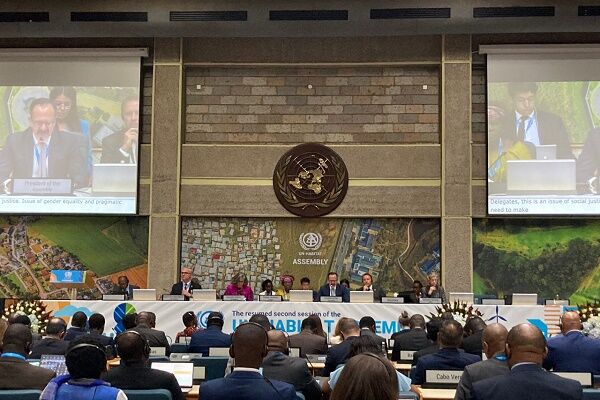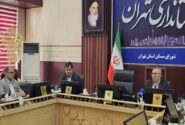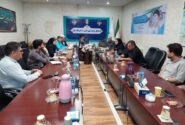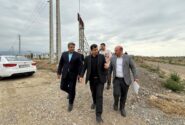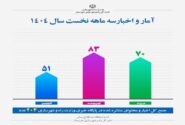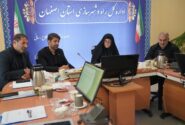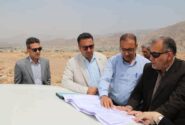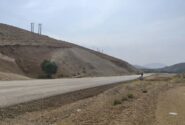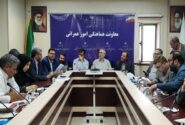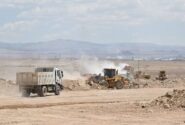–MRUDNEWS-At the conclusion of the second session of the United Nations Human Settlements Forum (Habitat) in Nairobi, Kenya, the Islamic Republic of Iran presented a significant proposal urging the “separation of dilapidated and historic structures from informal settlements and slums, along with context-specific actions.” This proposal was incorporated into the draft Habitat Strategic Plan for 2026-2029.
According to the Ministry of Roads and Urban Development’s Urban Regeneration Company, the two-day Habitat session brought together global policymakers, officials and stakeholders to address critical issues in urbanization, including housing, climate change and the global housing crisis, which currently affects more than 2.8 billion people. The forum stressed the urgent need for extensive investments in affordable housing and sustainable urban development to mitigate the adverse effects of climate change and ensure equitable access to shelter.
Key discussions stressed the continued commitment of member states to the “New Urban Agenda” as a guiding framework for localizing Sustainable Development Goals (SDGs), particularly Goal 11, which focuses on sustainable cities and communities. Delegates highlighted the importance of aligning housing policies with climate action strategies and strengthening international cooperation to increase investments in social and affordable housing.
As part of the forum, a High-Level Officials Dialogue was convened under the theme of the Intergovernmental Working Group on Adequate Housing. Chaired by the UN Under-Secretary-General and Executive Director of Habitat, the dialogue included ministers, Habitat officials, and representatives from other UN agencies. The session centered on creating political momentum for adequate housing, presenting a roadmap for the Intergovernmental Working Group, and fostering knowledge-sharing through best practices and multi-stakeholder partnerships.
The Iranian delegation, led by the Deputy Minister and CEO of the Urban Regeneration Company, with the Secretary of the National Committee for Human Settlements in attendance, actively participated in these discussions. They presented Iran’s achievements in housing, particularly through the National Housing Plan, which supports low-income groups by providing land, bank facilities and various incentives.
Iran’s delegation highlighted the national progress in improving informal settlements and empowering residents, as well as renovating dilapidated urban and historical areas. Special stress was also placed on promoting spatial justice by enhancing public spaces and urban services per capita with the participation of local communities.
The Iranian proposal to distinguish between dilapidated and historic structures and informal settlements was recognized as a critical framework for targeted action in urban regeneration efforts. This initiative aligns with Iran’s broader commitment to sustainable urban development and equitable housing solutions.
The session included esteemed panel members such as the Minister of Lands, Urban Development and Public Affairs of Kenya, the Mayor of Paris, the President of the UN Human Settlements Program Assembly, and the Governor of Nairobi, underscoring the global significance of the discussions.
This engagement reflects Iran’s active role in contributing to the global dialogue on urbanization challenges and solutions, further demonstrating its commitment to advancing sustainable development goals.
منبع:
1- پایگاه خبری وزارت راه و شهرسازی – مسکن و شهرسازی
